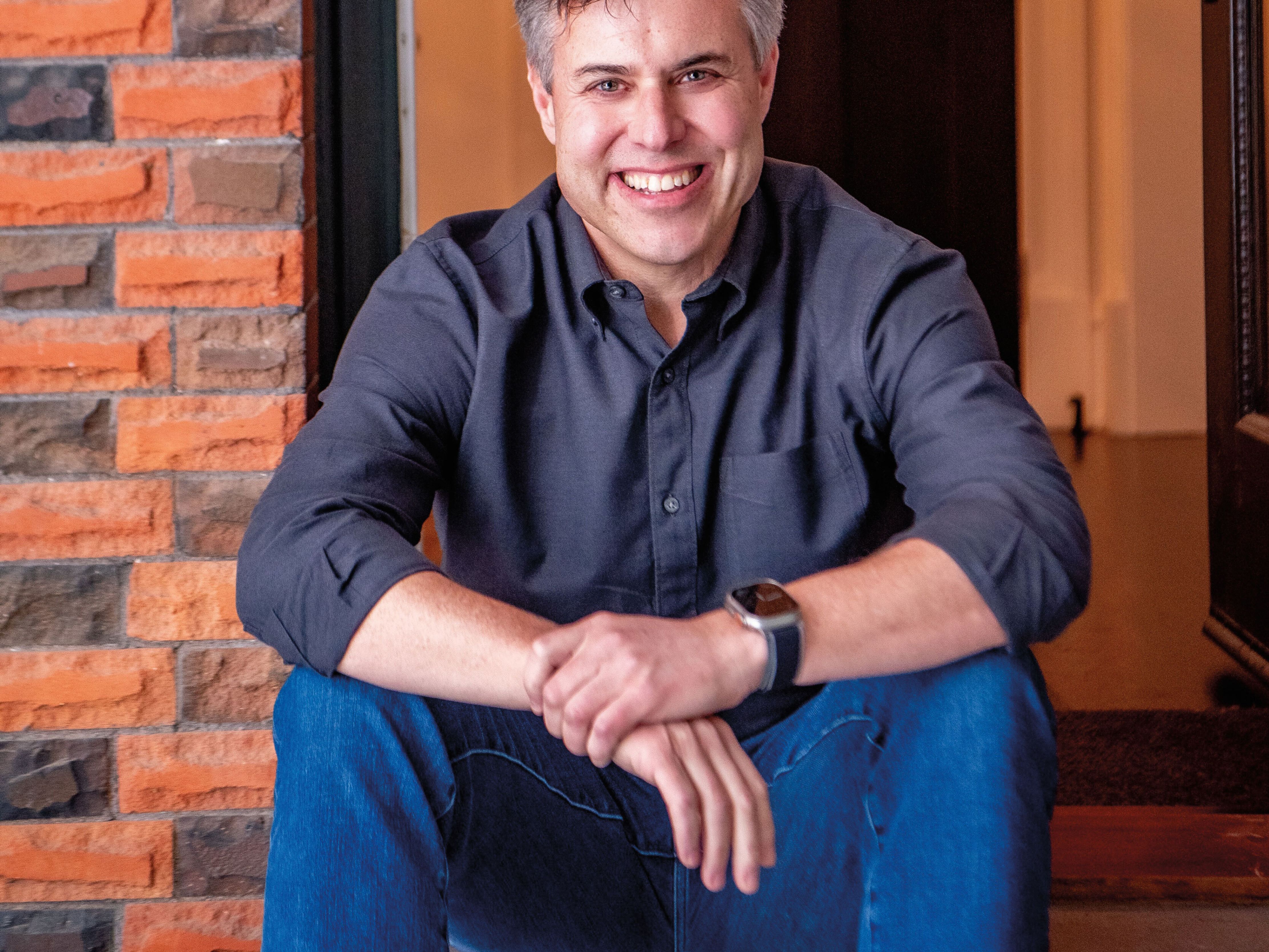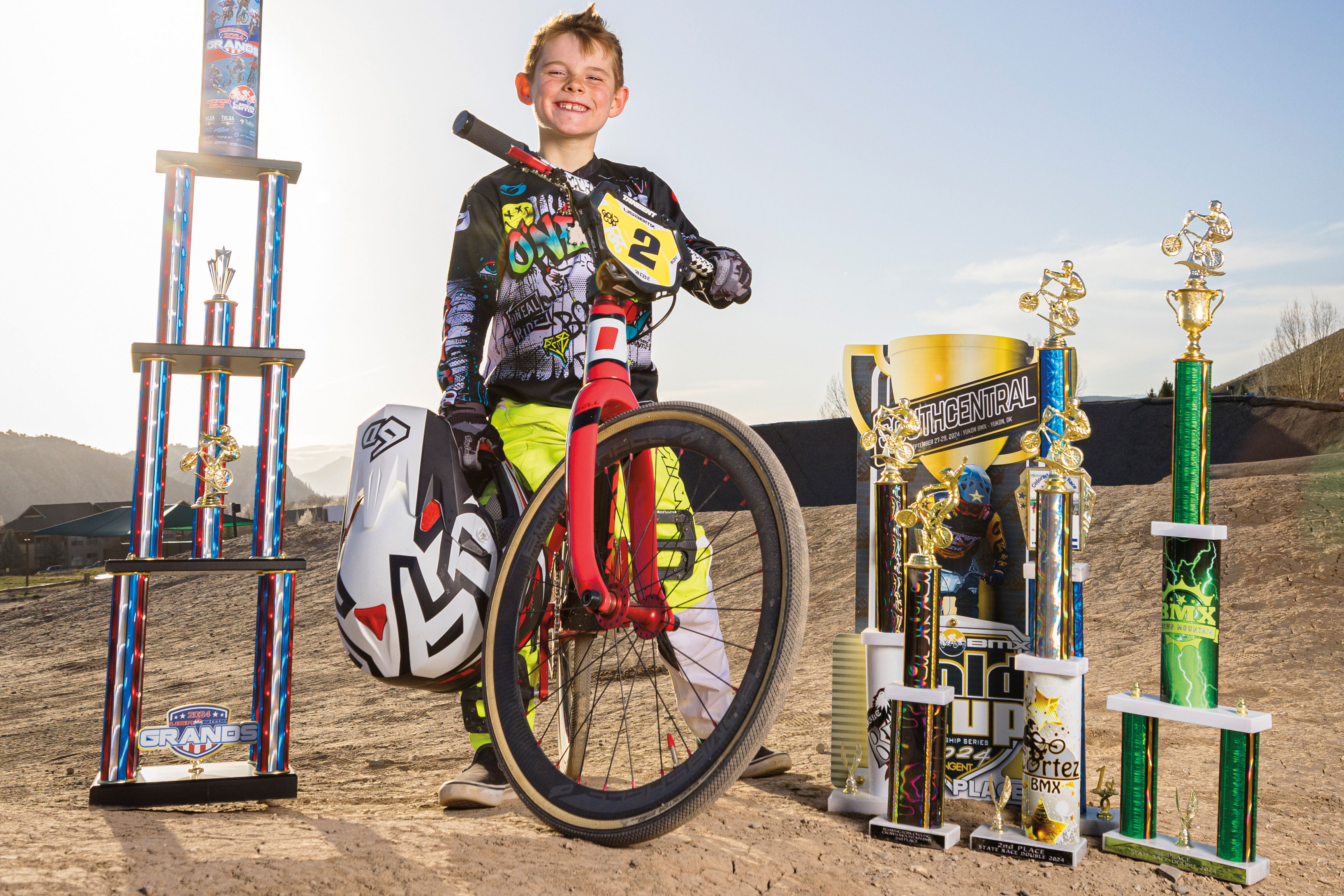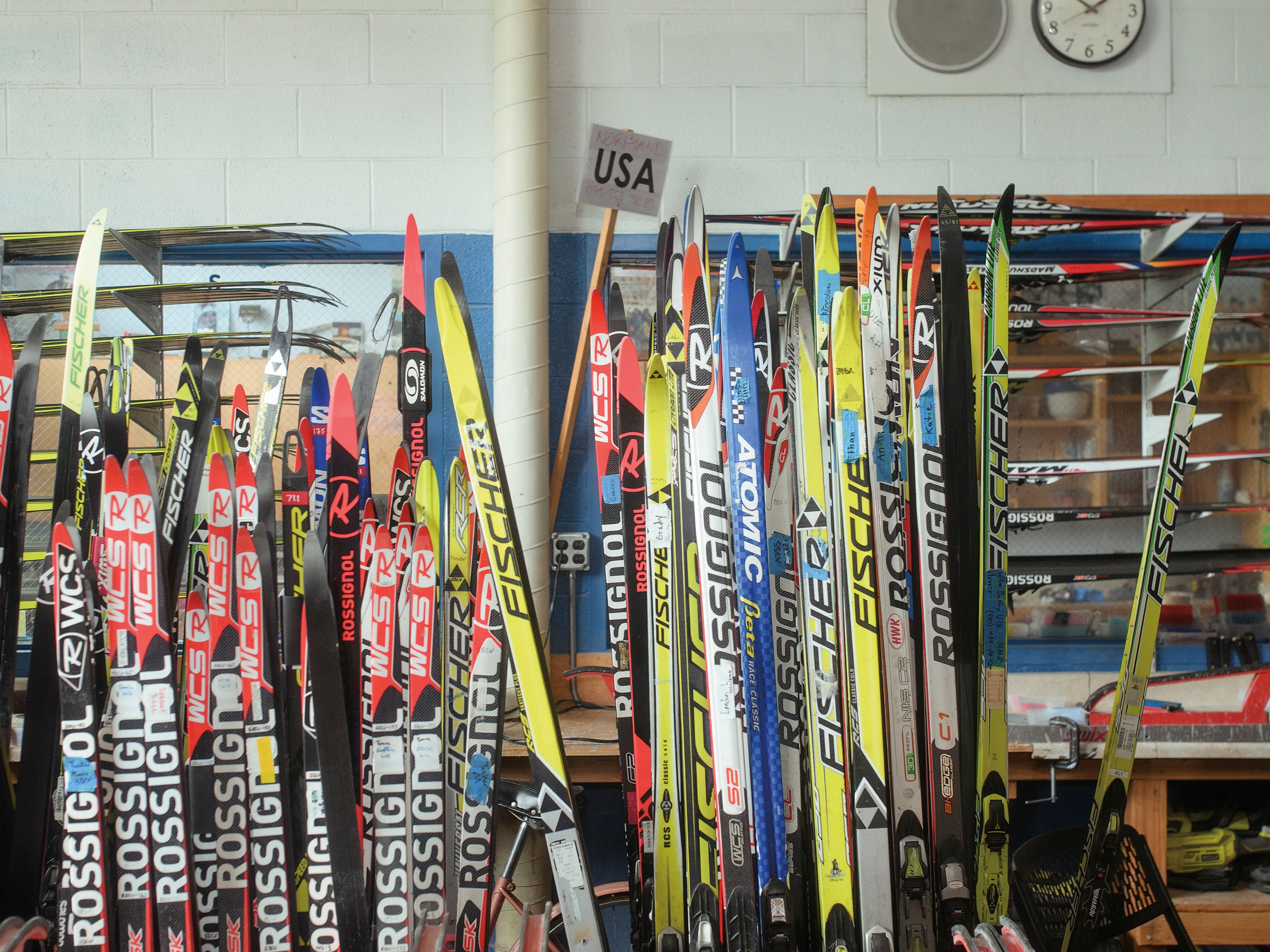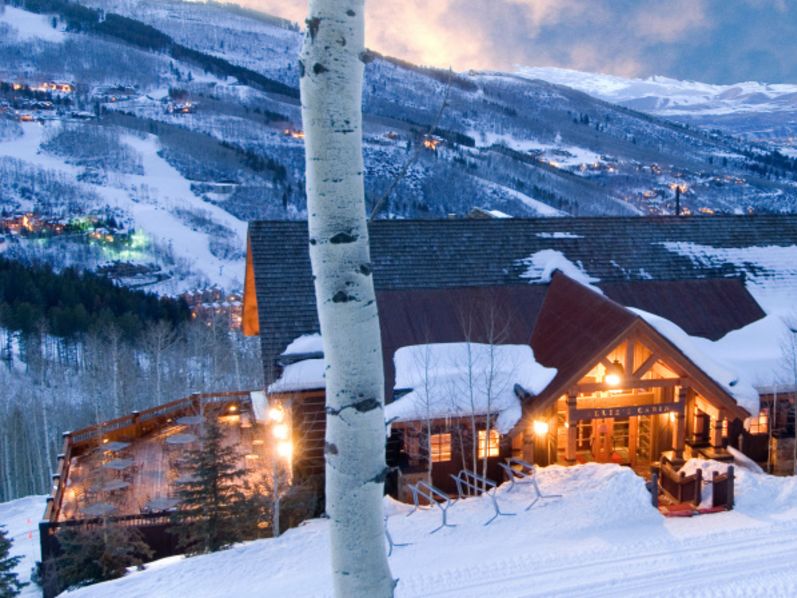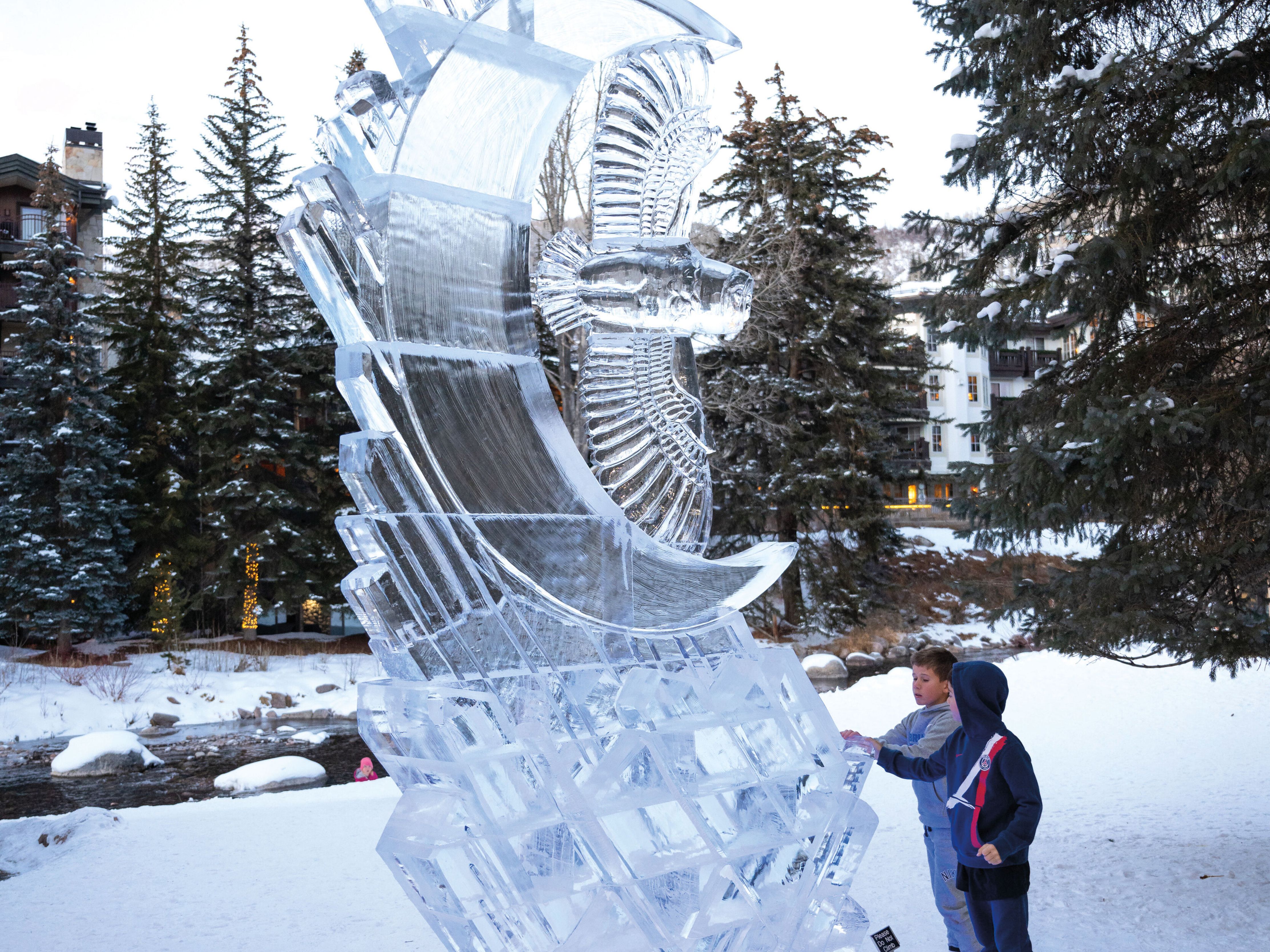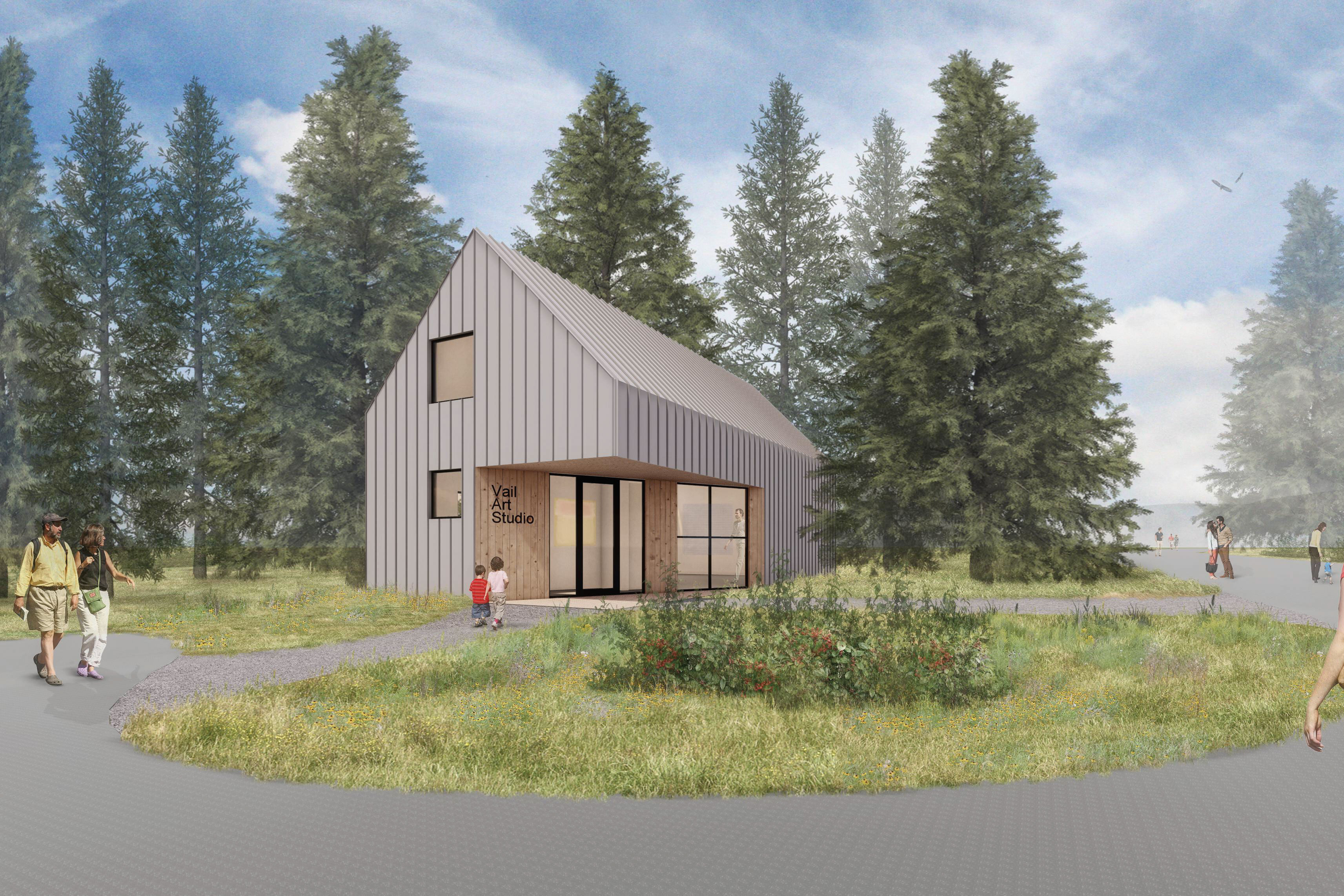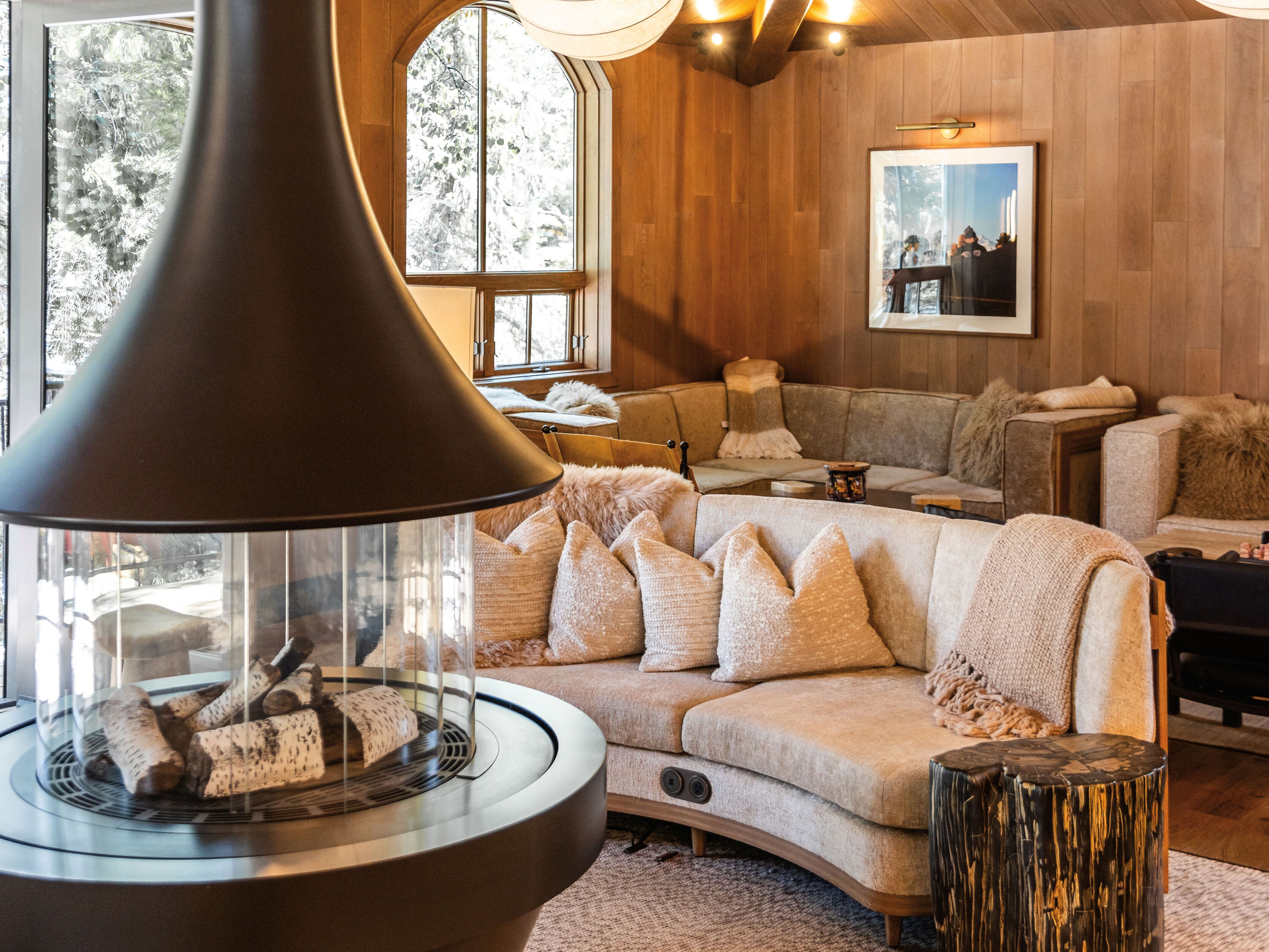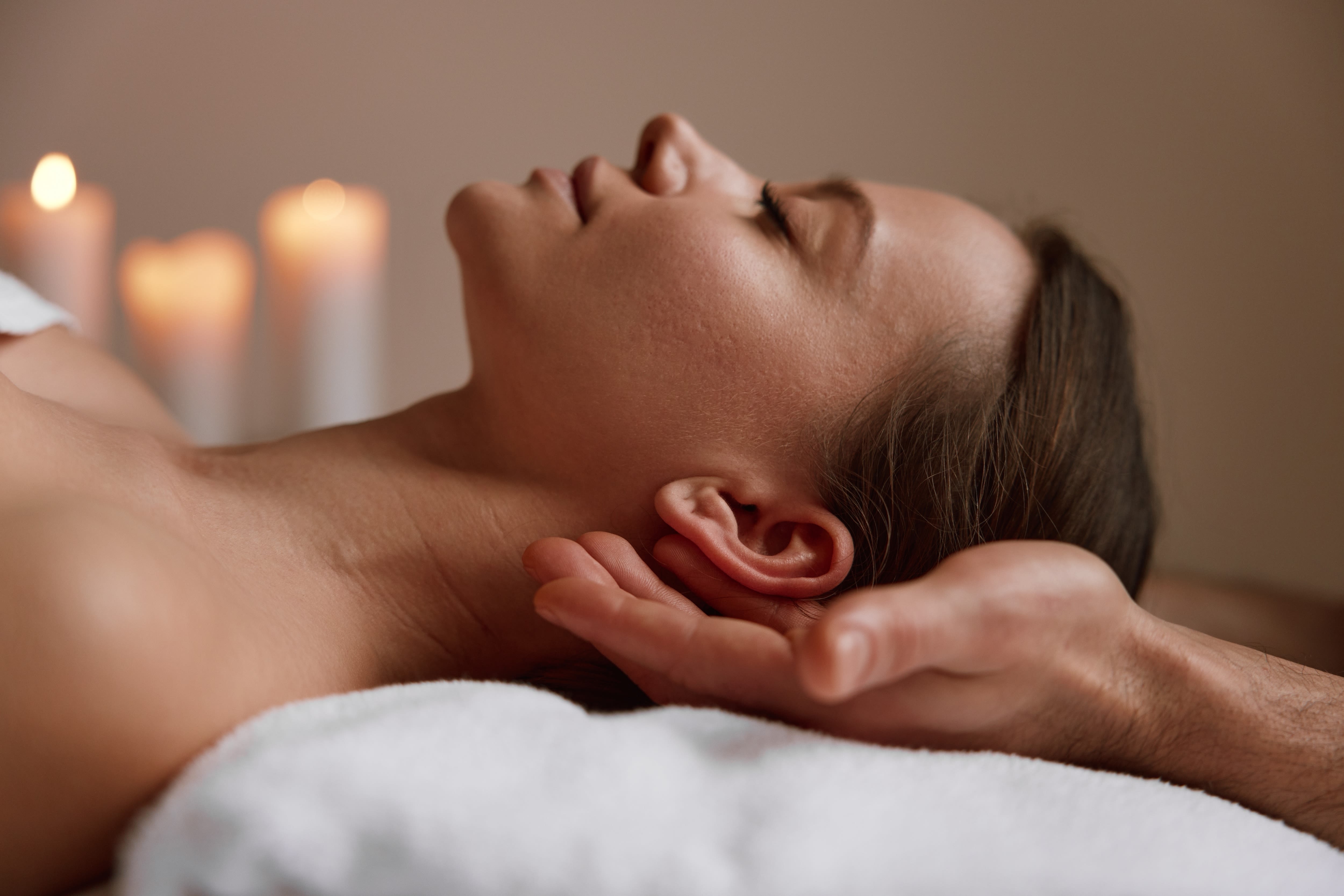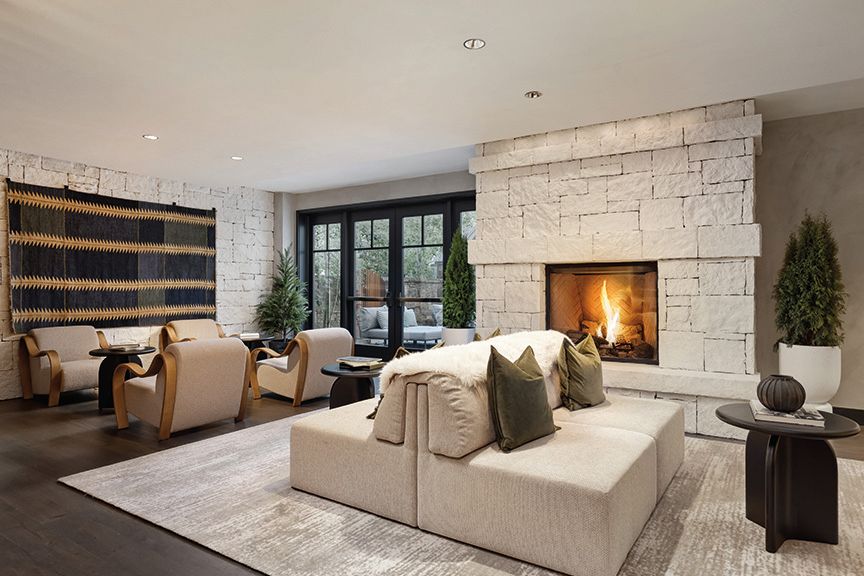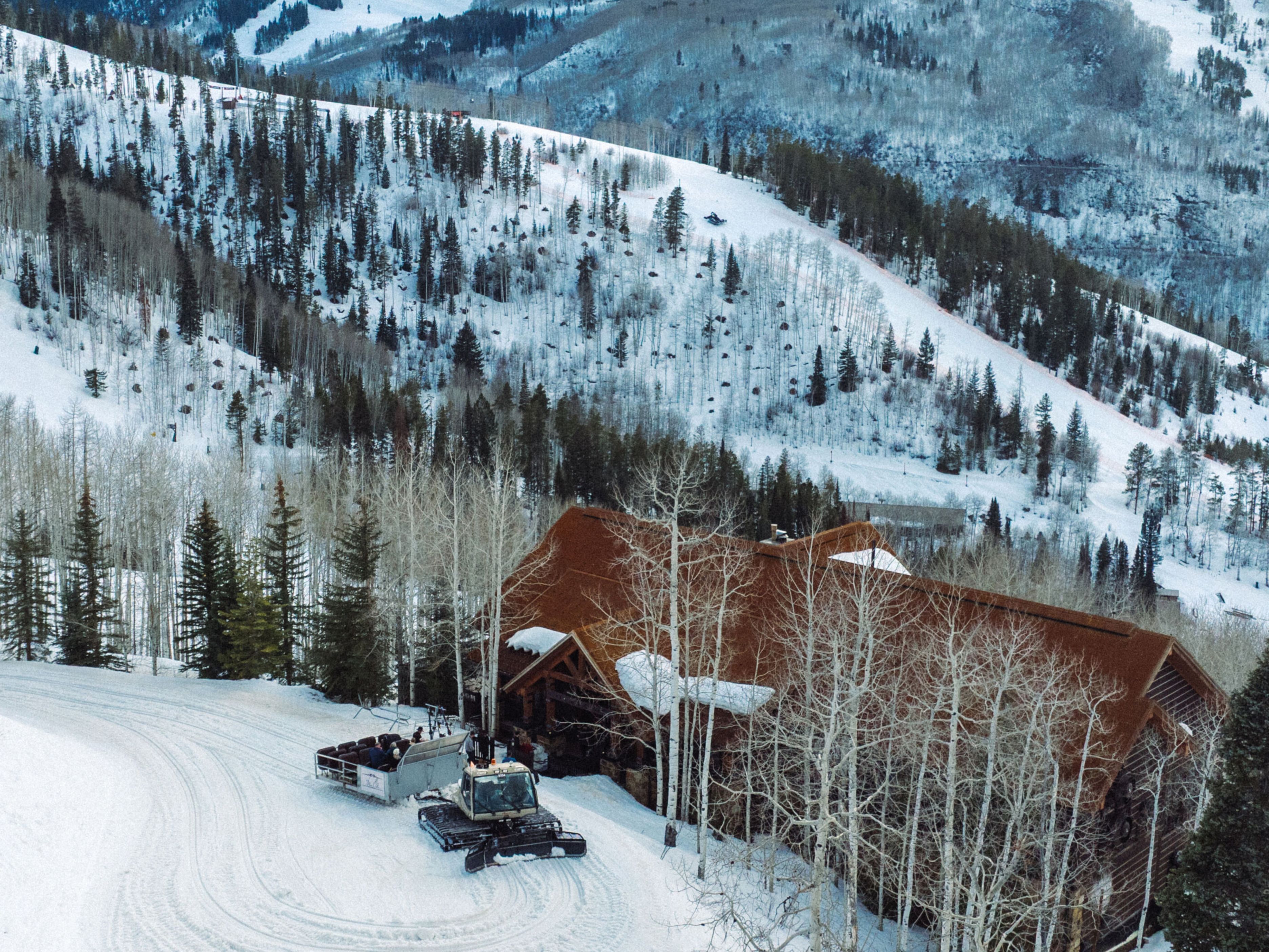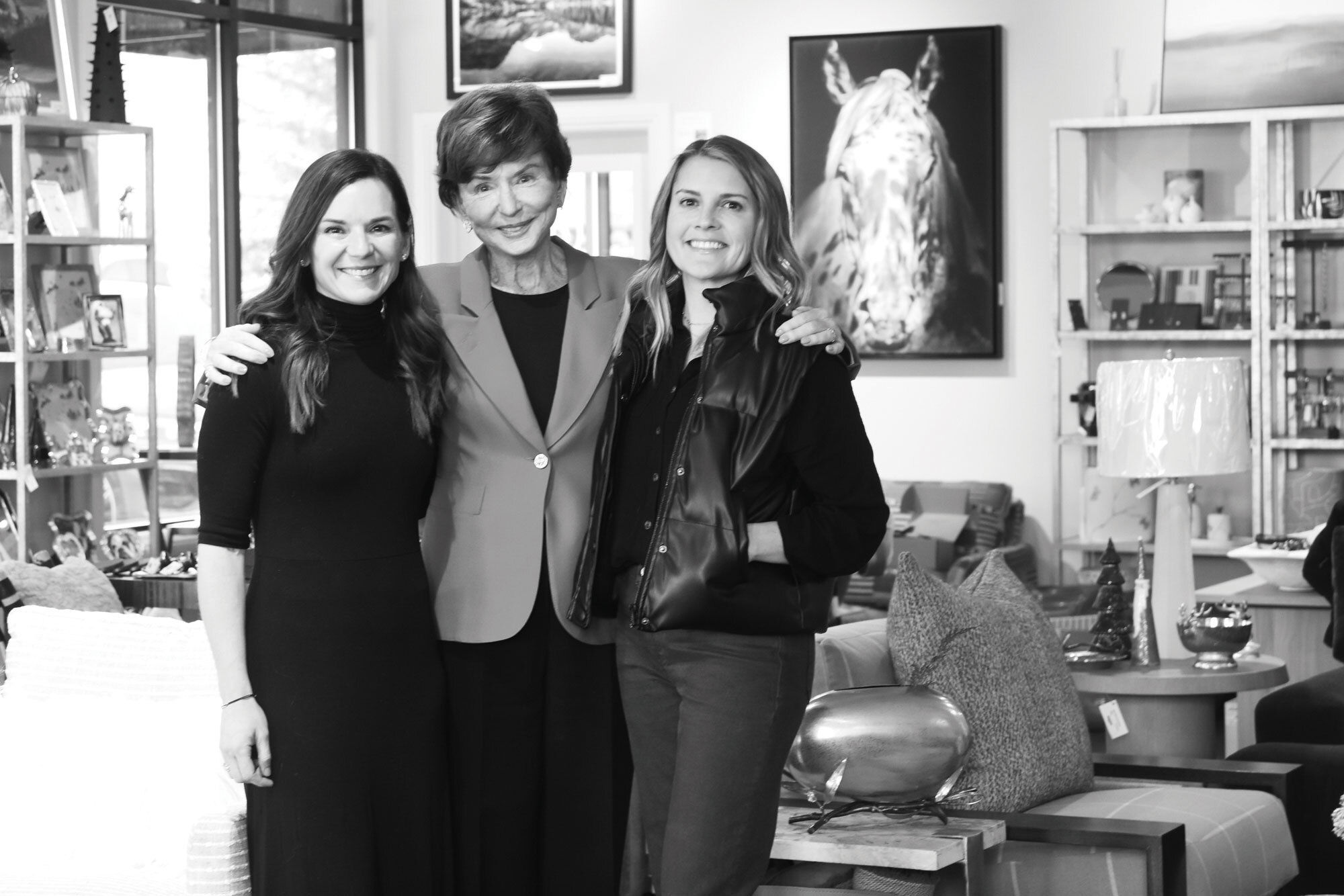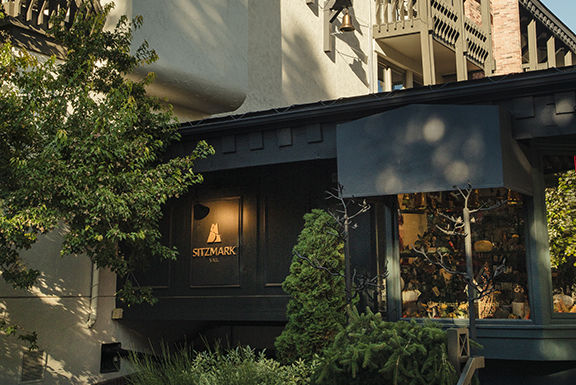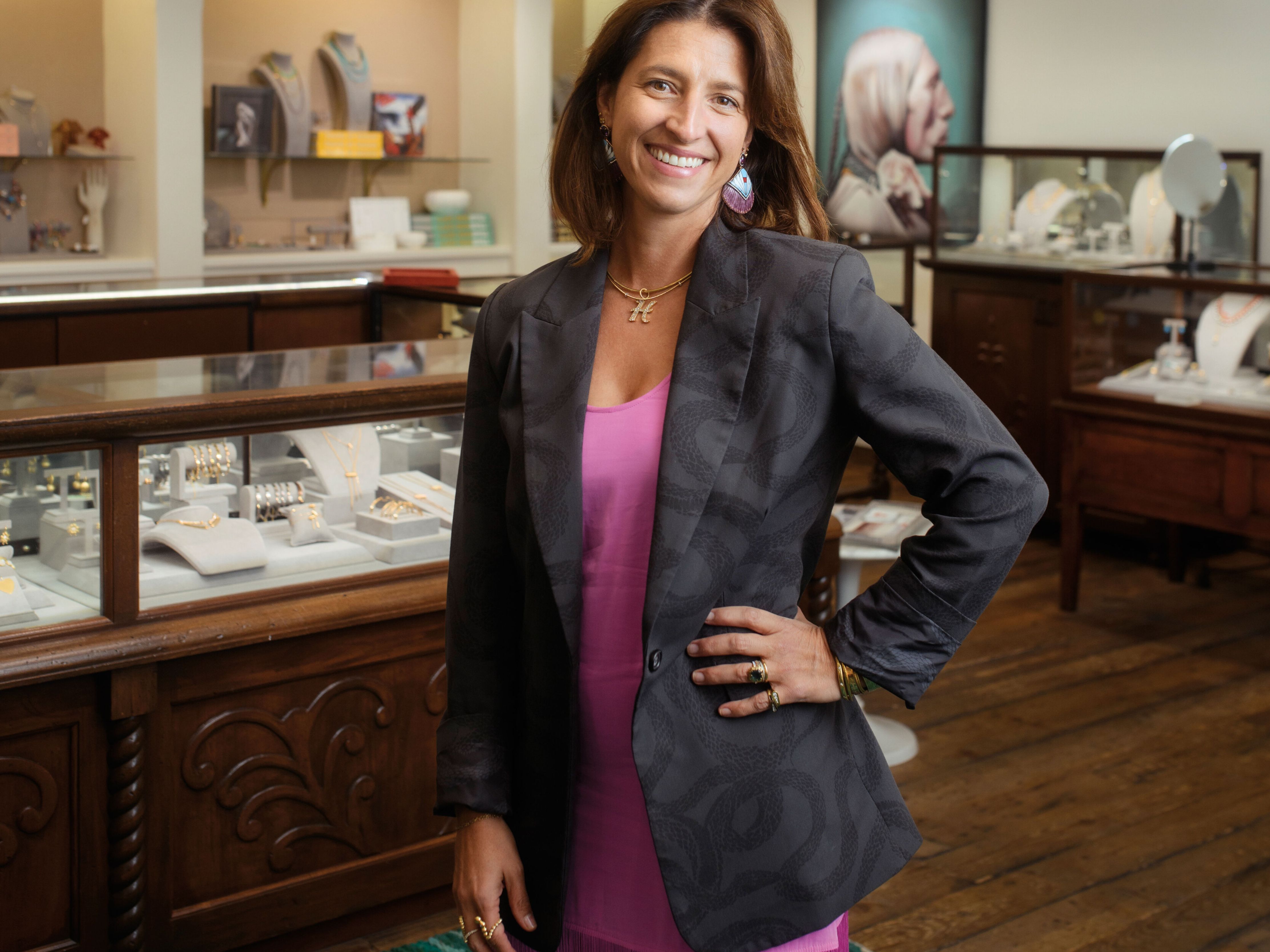Amanda Precourt Invests in Behavioral Health

When the Precourt Healing Center opens its doors in May 2025, it will be the only facility of its kind between Grand Junction and Denver—a critical resource for locals living and working in mountain communities who struggle with behavioral health issues. The three-story, 28-bed, state-of-the-art inpatient clinic anchors the Edwards Community Health Campus. The former commercial strip off the Edwards main roundabout houses all of Vail Health’s behavioral health services and community partners like My Future Pathways, The Community Market, and Your Hope Center. Philanthropist and real estate developer Amanda Precourt talks about why, with her father (the late Jay Precourt, who died in September at age 87), she donated $15 million to jump-start this groundbreaking project, addressing a critical, and paradoxical, mental health crisis that’s rending the heart of Colorado ski country.
What prompted you and your father to invest in the Precourt Center?
I was 37 years old when I attempted to end my life. I didn’t want to live another moment. I was put on a 72-hour suicide hold and then admitted to the Menninger Clinic, a leading specialty psychiatric hospital in Houston, where I stayed for 15 weeks with armed guards outside my door. George Wiegers (whose generous support established the University of Colorado Depression Center in 2008 and more recently, the newly opened Wiegers Mental Health Clinic in Edwards) was a friend of my father’s and helped get me to Menninger. It saved my life.
Why is there such an acute need for mental health support in mountain towns like Vail?
We’re part of what’s known as the Suicide Belt, which is a narrow band defined by the mountain resorts of the greater Rocky Mountains, all of which are facing the same set of complex issues related to isolation, drug and alcohol abuse, and extreme economic disparities. Suicide rates in Eagle County are some of the highest in Colorado, which is the third state in the nation for suicide rates, putting us as one of the most dangerous counties in the nation for suicide. I coined the term “paradise paradox” in an interview several years ago, and it’s now a documentary movie that explores the mental health crisis affecting America’s mountain towns. And typically, people who live in these places are gritty. They’re a personality that doesn’t like to ask for help; we can do it ourselves.
When people do seek help, what options are available locally?
We’ve built a lot of different systems for clinical and intensive outpatient treatment to help support people struggling with behavioral health issues in Vail, but we were still missing a really core component: We have nowhere to take people if they are in an acute situation with either addiction or depression, suicidal ideation, or all of them combined. Right now, most people in this situation end up in jail or at the hospital with armed guards outside their door—like what happened with me. It’s really humiliating and dehumanizing. It’s like pouring lighter fluid on an underlying horrible situation.

How will the Precourt Healing Center be different?
It will clinically support people who are in need, and specifically those who are in a very acute moment in their lives. It’s for adults and adolescents from any community across the region who have been unable to solve their problems at home, mostly due to the lack of available medical resources. We’ll offer 24/7 inpatient care for two to three weeks at a time. The core emphasis will be on trying to figure out how to make you healthy and safe, rather than be subjected to more humiliation and more shame. We’re trying to create a private, safe environment where people can just know that they’re OK.
Describe that environment.
Within this three-story building, each patient will get their own room. We’ll have an adolescent level and an adult level, each with a deck for access to the outdoors. We’re bringing the outdoors in by way of photographs of Colorado by my friend Richie Graham and, while there are a lot of safety measures built in, the interiors are meant to be light and airy, yet soothing and serene.
What will your next project be after the Precourt Center opens?
Ultimately, my vision is to create a remote, residential treatment somewhere in the valley where people can spend a month and rebuild themselves. I’m not done yet with trying to solve the problem, because the full continuum of care is so important. That’s when patients really heal, both in body and soul.
What would you tell someone who might be in crisis right now?
That they’re not alone; that their struggle is common with a lot of people, and that they can ask for help. Asking for help is a sign of strength, not a sign of weakness, because we’ve got a lot of amazing people in our communities, and we want to keep people healthy and alive. Don’t be afraid to ask for help when you need it.
If you or someone you know needs immediate behavioral health support, call the Your Hope Center crisis line at 970-306-4673.

